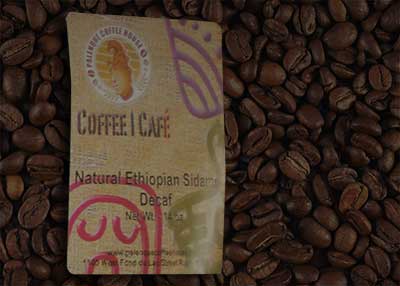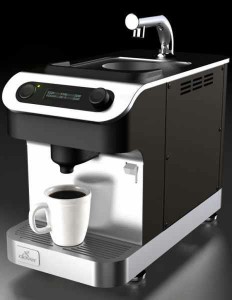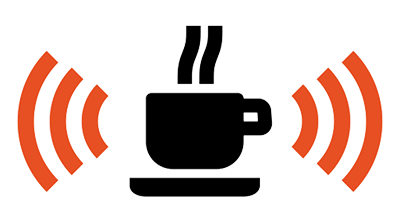The Role of Caffeine and Its Effects on the Body

Kaldi was an Ethiopian goat-herder who first noticed that a goat chewing a particular plant’s berries made him behave differently: namely, his goat became more energized. Kaldi was noticing the effects of caffeine on the goat’s body – it’s this energizing effect that has risen to make coffee perhaps the most popular “pick me up” beverage in the world.
So what is caffeine, and why does it energize the body? In scientific terms, it is a crystalline xanthine alkaloid that energizes the body in two ways: first, it acts as a mild stimulant. Second, it inhibits the acetylcholinesterase enzyme from breaking down acetylcholine, a neurotransmitter. The end result is that a person consuming caffeine feels energized, ready to focus, and better wakefulness – ideal in a morning drink.
Many people believe that espresso, a strong coffee drink made through the pressurized drip method (more on that in the section on coffee brewing) is actually “stronger” than its equivalent in coffee because it has a higher caffeine content than regular coffee. This is actually a myth, because espresso beans are typically coffee beans; the difference between espresso and traditional coffee is the brewing method, as a variety of beans can be used for either method.
In fact, the brewing method in drip-brewed coffee, for example, often gives water more time to extract caffeine from coffee beans, giving it a strong caffeine content than many espressos.





